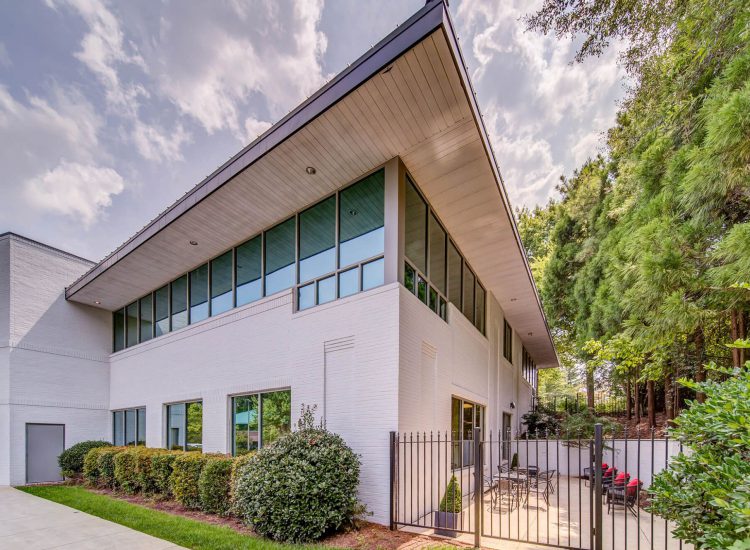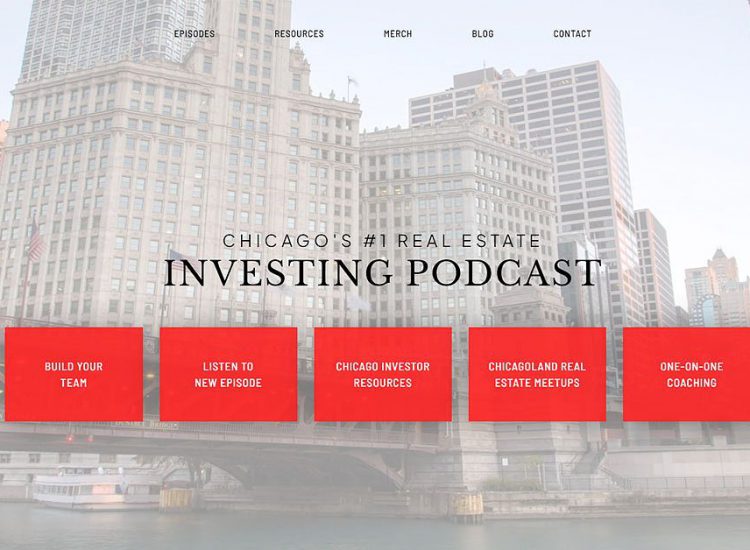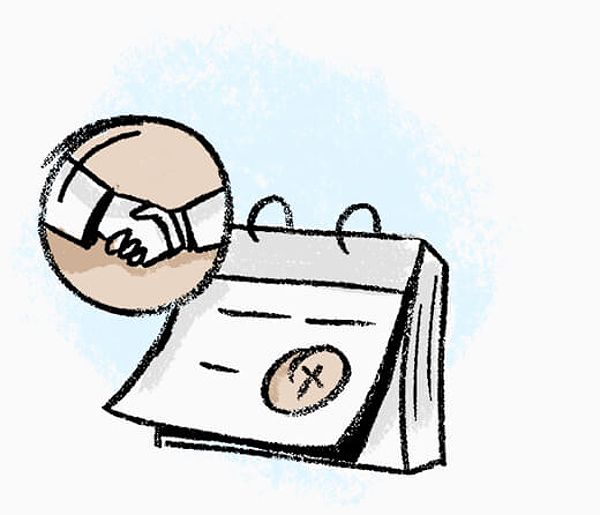American homeowners hold over $200,000 in untapped home equity on average. A US Bank home equity loan offers access to this wealth, but comes with the risk of foreclosure if payments are missed. Understanding the terms and comparing it to other options like HELOCs and cash-out refinances is crucial before applying. This guide explores the intricacies of a US Bank home equity loan, weighing its benefits against potential drawbacks.
Toc
- 1. Understanding US Bank Home Equity Loans
- 2. Ideal Uses for a US Bank Home Equity Loan
- 3. The US Bank Home Equity Loan Application Process
- 4. Related articles 01:
- 5. Comparing US Bank Home Equity Loans to Other Options
- 6. Protecting Yourself: Risks and Responsibilities
- 7. FAQ
- 8. Related articles 02:
- 9. Conclusion
Understanding US Bank Home Equity Loans
A US Bank home equity loan is a type of second mortgage that allows you to borrow against the equity you’ve built up in your home. Unlike a traditional mortgage, which is used to purchase a property, a home equity loan taps into the difference between your home’s current value and the amount you still owe on your existing mortgage.
US Bank offers competitive home equity loan options, with fixed interest rates starting as low as 7.65% APR as of October 2024. The bank’s flexible repayment terms, ranging from 5 to 30 years, make it easy to find a loan that fits your budget. To qualify, you’ll typically need a credit score of 660 or higher, a low debt-to-income ratio, and at least 20% equity in your home.
The key advantage of a US Bank home equity loan is the ability to access your home’s equity at a lower interest rate than other financing options, such as personal loans or credit cards. However, it’s crucial to weigh the benefits against the potential risks, as a default could lead to foreclosure. Additionally, the interest paid on a home equity loan may be tax-deductible, depending on individual circumstances, so it’s essential to consult with a tax professional.
Ideal Uses for a US Bank Home Equity Loan
Homeowners can leverage a US Bank home equity loan for a variety of purposes, each with its own set of benefits and considerations.
Home Improvements and Renovations
One of the most common uses for a US Bank home equity loan is financing home improvement projects. Whether you’re planning a kitchen remodel, bathroom upgrade, or adding an addition, a US Bank home equity loan can provide the necessary funds. These types of investments not only enhance your living space but can also increase the overall value of your home. For example, replacing outdated windows with energy-efficient models, a common home improvement, can cost between $5,000 and $15,000 per window depending on size and material. A home equity loan can help finance this upgrade, potentially increasing home value and reducing energy bills.

Debt Consolidation
If you’re juggling multiple high-interest debts, such as credit cards or personal loans, a US Bank home equity loan can be an effective debt consolidation tool. By rolling these debts into a single, lower-interest loan, you can potentially save thousands of dollars in interest charges over the life of the loan. For instance, if you have $50,000 in credit card debt at an average APR of 18%, consolidating it into a US Bank home equity loan with a 7.65% APR could save you over $10,000 in interest payments over 10 years. However, consolidating high-interest debt into a home equity loan increases the risk of foreclosure if you lose your job or experience unforeseen financial difficulties. Carefully evaluate your ability to repay the loan before proceeding.
Major Purchases
A US Bank home equity loan can also be used to finance large, one-time expenses, such as a child’s college tuition, a dream vacation, or a new vehicle. By tapping into your home’s equity, you can access funds at a lower interest rate than you would with a personal loan or credit card. This can provide significant cost savings and more manageable monthly payments.
The US Bank Home Equity Loan Application Process
Applying for a US Bank home equity loan is a straightforward process. Start by prequalifying on the bank’s website, which will provide you with an estimated loan amount and interest rate based on your home’s value and your credit profile. This step won’t impact your credit score.
1. https://goldnews24h.com/archive/5155/
2. https://goldnews24h.com/archive/5165/
3. https://goldnews24h.com/archive/5156/
Factors Affecting Loan Approval
To qualify for a US Bank home equity loan, you’ll typically need a credit score of 660 or higher, a low debt-to-income ratio, and at least 20% equity in your home. The bank will also consider your current income and employment status to assess your creditworthiness and the available equity in your home.
Next, gather the necessary documentation, including proof of income, tax returns, and a recent home appraisal. US Bank will use this information to evaluate your application. The entire application process can typically be completed within 4-6 weeks, depending on your specific situation.
When comparing lenders, be sure to look beyond just the interest rate. Consider the loan terms, fees, and any other costs associated with the loan. By taking the time to shop around, you can ensure you’re getting the best possible deal on your US Bank home equity loan.
Comparing US Bank Home Equity Loans to Other Options
While a US Bank home equity loan is a compelling option for tapping into your home’s equity, it’s not the only choice available. Let’s explore how it stacks up against some other popular financing alternatives:
| Feature | US Bank Home Equity Loan | HELOC | Cash-Out Refinance |
|---|---|---|---|
| Interest Rate | Fixed, starting at 7.65% APR | Variable, starting around 7.75% APR | Fixed, starting around 6.50% APR |
| Loan Amount | Up to $750,000 | Up to 85% of home value | Up to 80% of home value |
| Repayment Term | 5 to 30 years | 10 to 30 years | 15 to 30 years |
| Closing Costs | Typically 2-5% of loan amount | May have lower closing costs | Typically 2-5% of loan amount |
| Typical Loan-to-Value Ratio (LTV) | Up to 80% | Up to 85% | Up to 80% |
As you can see, each option has its own advantages and disadvantages. A US Bank home equity loan may be the best fit if you value the stability of a fixed interest rate and predictable monthly payments. However, a HELOC could be more suitable if you need ongoing access to funds, and a cash-out refinance may be preferable if you’re looking to replace your current mortgage. Keep in mind that a cash-out refinance can extend the mortgage term, potentially leading to higher overall interest payments.
Protecting Yourself: Risks and Responsibilities
While a US Bank home equity loan can be a powerful financial tool, it’s important to understand the risks involved. Because your home is used as collateral, failure to make timely payments could result in foreclosure. Additionally, the closing costs associated with a home equity loan can be significant, typically ranging from 2-5% of the loan amount.
To protect yourself, be sure to create a realistic budget and only borrow what you can comfortably afford to repay. Additionally, consider exploring options for financial counseling or debt management to ensure you’re making informed decisions. It’s also essential to read and understand all the terms and conditions of your loan agreement before signing on the dotted line.
FAQ
Q1: What is the minimum credit score required for a US Bank home equity loan?
A1: US Bank typically requires a minimum credit score of 660 to qualify for a home equity loan.
Q2: What documents do I need to apply for a US Bank home equity loan?
A2: To apply for a US Bank home equity loan, you’ll need to provide proof of income (such as pay stubs or tax returns), a recent home appraisal, and information about your current mortgage and other debts.
1. https://goldnews24h.com/archive/5115/
2. https://goldnews24h.com/archive/5154/
3. https://goldnews24h.com/archive/5153/
Q3: How long does the US Bank home equity loan application process take?
A3: The US Bank home equity loan application process can typically be completed within 4-6 weeks, depending on your specific situation and the complexity of your financial information.
Q4: Can I use a US Bank home equity loan for any purpose?
A4: While US Bank home equity loans can be used for a variety of purposes, such as home improvements, debt consolidation, and major purchases, there may be some restrictions or limitations on how the funds can be used. It’s best to consult with a US Bank representative to understand the specific guidelines.
Q5: What happens if I can’t make my payments?
A5: If you’re unable to make your US Bank home equity loan payments, you risk defaulting on the loan, which could ultimately lead to foreclosure. It’s crucial to create a realistic budget and only borrow what you can comfortably afford to repay.
Conclusion
A US Bank home equity loan can be a powerful tool for homeowners seeking to unlock the value of their property. Whether you’re planning a home renovation, consolidating debt, or making a major purchase, this financing option offers access to low-interest funds that can provide significant cost savings.
However, it’s essential to carefully weigh the benefits against the potential risks, as defaulting on the loan could result in foreclosure. By understanding the application process, eligibility requirements, and how a US Bank home equity loan compares to other financing alternatives, you can make an informed decision that aligns with your financial goals and risk tolerance.
To explore your options further, visit the US Bank website at usbank.com or speak with a home equity loan specialist at 1-800-US-BANKS.









